Pictured left: Maria takes notes at the Salmon Watch Training Session in August. Right: Maria scours rocks with a fellow classmate to find macroinvertebrates on the Salmon River.
At our Salmon Watch training session this past August, there were many new teachers and volunteers learning best practices for teaching kids science in nature. Joining the adult participants was Maria Fuentes, a bright and motivated junior from Centennial High School in Gresham.
With a strong passion for environmental science and policy, Maria had been attempting to start an Environment Club at Centennial, working with Joel McKee, who teaches 12th grade biology and integrates Salmon Watch into his classroom. When that didn’t pan out this past spring, he suggested to Maria that she consider getting trained as a Volunteer Educator for Salmon Watch, and then teach a field station for his class.
After completing the training session this summer, in September Maria joined McKee’s biology class on the Salmon River, serving as a field trip instructor and teaching her schoolmates about macroinvertebrate (aquatic insect) collection and identification, and how their presence or absence can be an indicator of stream health.
Although Maria said she was at first nervous that she wouldn’t be able to answer all of the questions students might ask her, she found that it got easier each station rotation. She said, “I really enjoyed being able to share with my friends what I had learned. They were really interested to find out that you can do this type of work for a living and get paid to work outdoors!”
Maria teaches classmates about macroinvertebrate sampling techniques on their Salmon Watch field trip.
Maria’s interest in learning more about natural resources and protecting our environment was sparked by her beloved 3rd grade teacher, who was passionate about integrating ecology into lessons and sharing her love of the outdoors. In particular, Maria vividly remembers taking a field trip and being captivated about the process of composting, especially learning that “worms eat our food.” She’s been pursing opportunities to learn about environmental science ever since.
This past summer, Maria secured a full-time internship at Oregon Heath & Sciences University through Saturday Academy’s ASE program that focused on studying water remediation strategies to improve environmental health. Maria was part of a team that worked with Native American tribes in Alaska, Washington and Oregon to study water testing and contaminant removal programs, and how best to communicate safe fish consumption levels to local tribal communities.
Maria is currently working with her school’s activities director, administrators and other students to help make Centennial an official ‘Green School’, with a garbage audit project planned for the spring.
In addition to wanting to know “why do we need to know this stuff”, Maria’s classmates wanted to know how she became an instructor, and could they do it too. Maria is looking forward to being a Salmon Watch instructor next year, and recruiting other students to become Volunteer Educators.
According to Maria, “these experiences really helped me to see my future. I now know that I want to educate people in some capacity, and hopefully pursue a career in helping to remove pollution from our water supplies.”
Do you know a student who might be interested in becoming a Salmon Watch Volunteer Educator? Let us know-we’re exploring a new Student Leadership program, and will begin recruiting teachers and volunteers for summer training and fall field trips early in the new year.
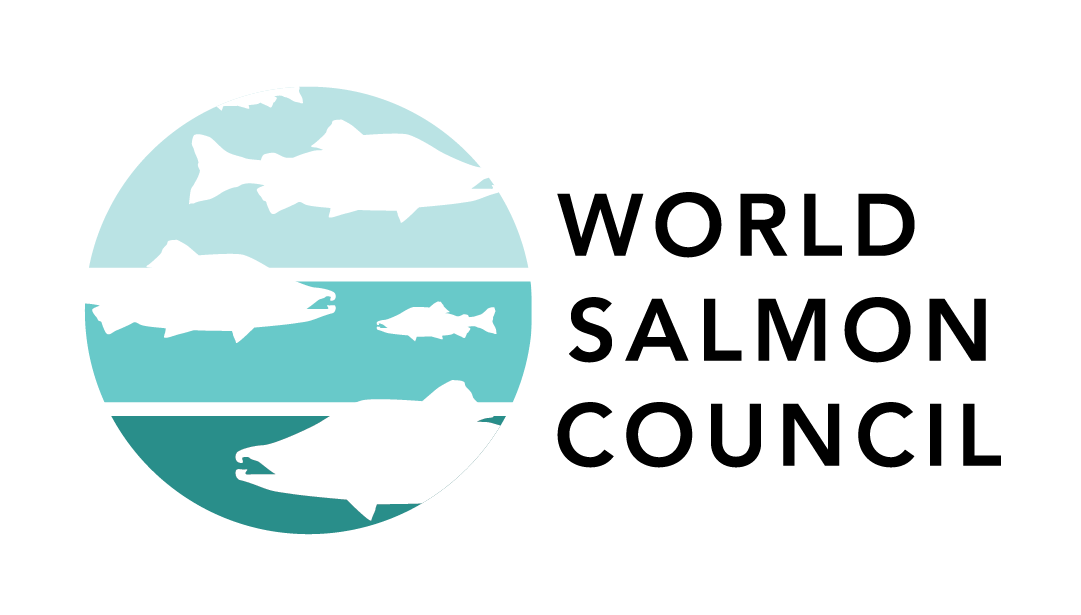
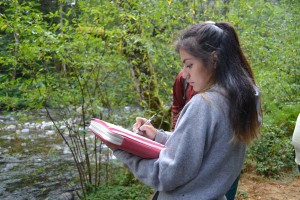
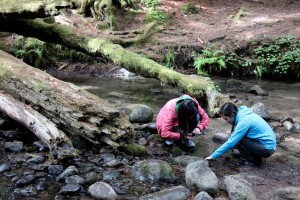
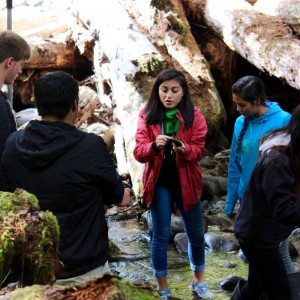
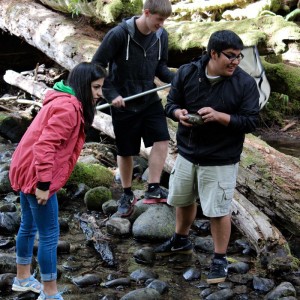
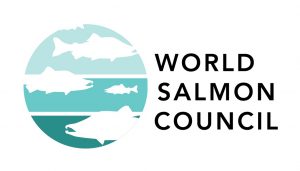
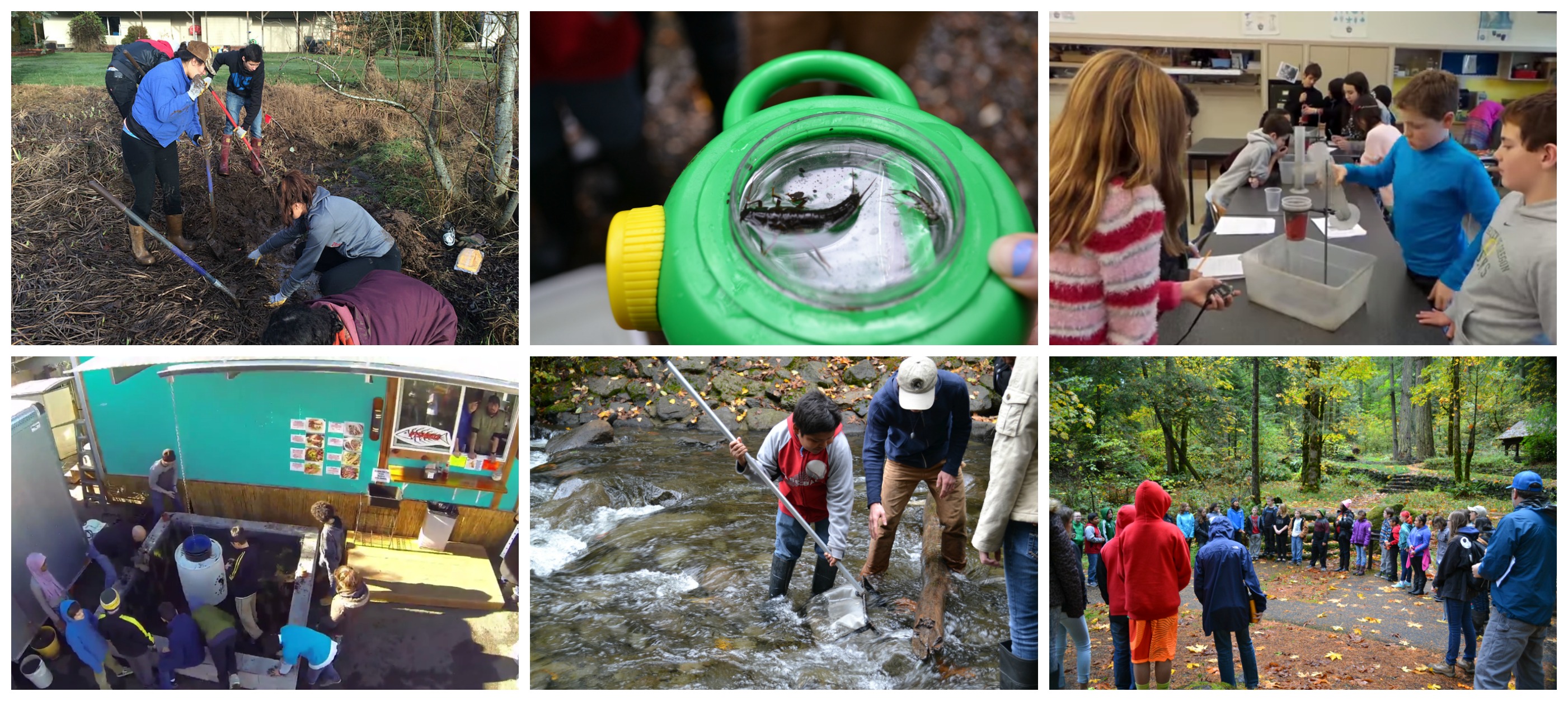
Recent Comments